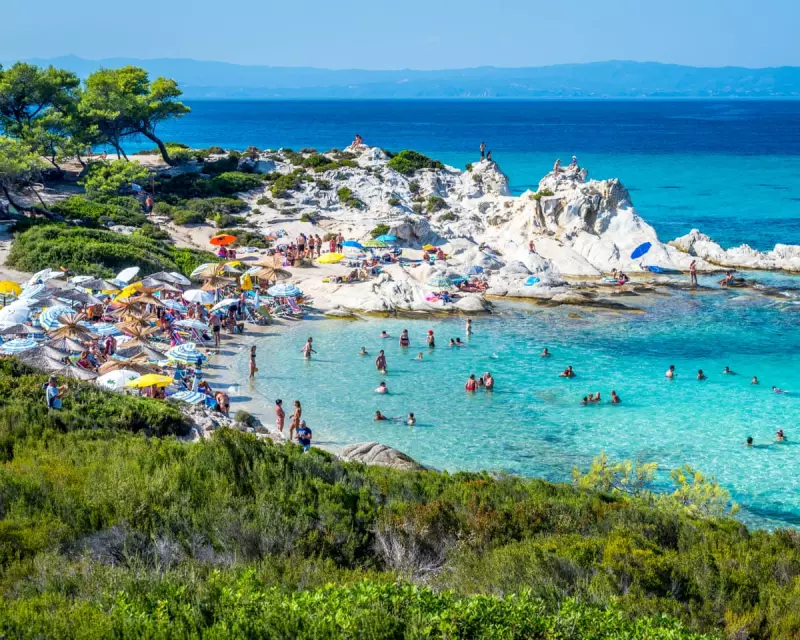
In a striking paradox that defines this summer's travel season, many Greek citizens find themselves financially excluded from their own country's holiday destinations. A perfect storm of skyrocketing accommodation rates and aggressive pricing tactics aimed at international visitors has created a two-tier tourism market.
The Price of Paradise
Analysis of booking platforms reveals that a week's stay in popular Greek islands now commands prices that far exceed the monthly minimum wage for local workers. Family apartments in Mykonos and Santorini regularly fetch between €2,000-€4,000 per week during peak season, effectively placing these traditional holiday spots beyond the reach of ordinary Greek families.
International Market Dynamics
The pricing strategy appears deliberately tailored to maximise revenue from northern European and American tourists, whose stronger currencies and higher disposable incomes make Greek holidays appear comparatively affordable. This economic reality has created what industry analysts are calling 'tourism gentrification' across the Aegean islands.
Alternative Destinations
Faced with prohibitive costs at home, growing numbers of Greek tourists are now looking to neighbouring countries for their summer breaks. Bulgaria, Albania and Turkey have emerged as popular alternatives, offering comparable Mediterranean experiences at significantly lower price points.
Industry Response
Tourism operators acknowledge the challenge but argue that market forces dictate pricing strategies. 'We must remain competitive internationally,' explains one hotel association representative. 'The seasonal nature of our business necessitates maximising revenue during peak months.'
Government Measures
The Greek government has introduced some initiatives to address the situation, including subsidised holiday programmes for lower-income families and incentives for off-season domestic tourism. However, critics argue these measures barely scratch the surface of a deeply entrenched structural problem.
As the summer season reaches its climax, the situation presents both an economic success story and a social challenge for one of Europe's most tourism-dependent nations.




